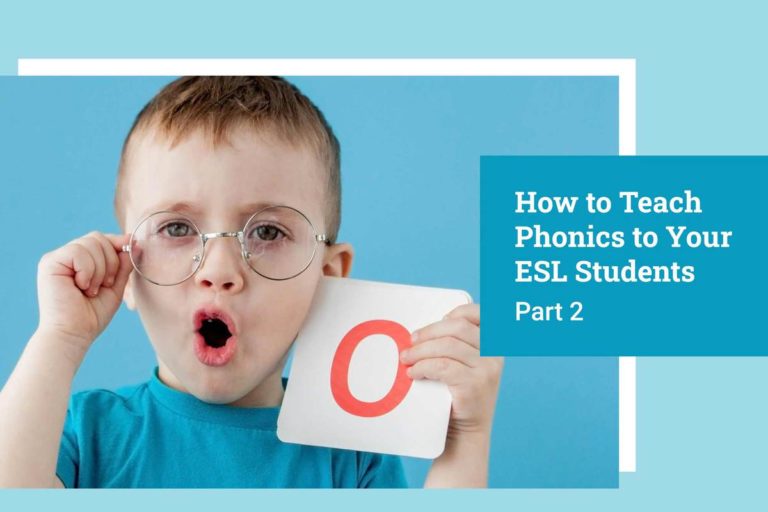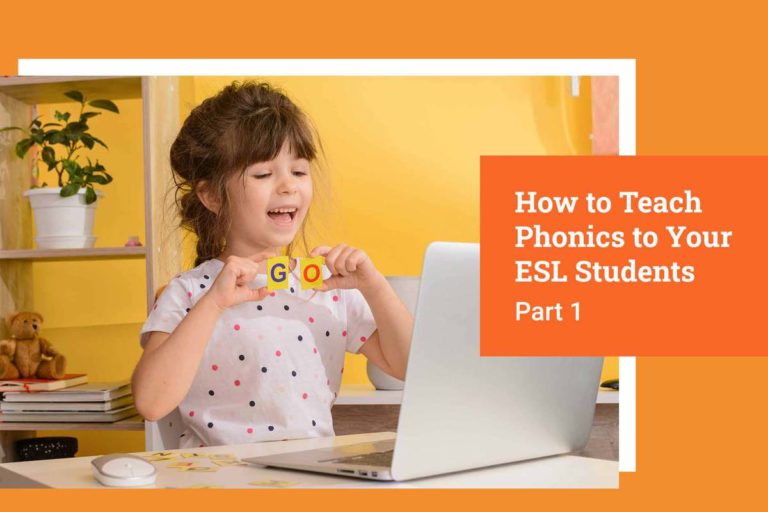Ready to start teaching English online?
Teach with VIPKidEmotional intelligence in the classroom can help teachers better understand and connect with their students in the online classroom, all while keeping your stress levels lower and leaving you feeling in control when times are tough. Now we know that teaching is a challenging profession, especially since students often feed off the energies that adults display. We’re going to highlight several areas of emotional intelligence that will help keep you mindful while setting up your students for a more successful learning environment. Remember, becoming an emotionally intelligent teacher is a journey and a daily process that requires dedication and focus to achieve success.
What is emotional intelligence?
Emotional intelligence can be broken down into multiple factors.
Self-awareness: While it is difficult to leave your emotions at the door during a lesson, it’s important to remember that children are especially susceptible to their teachers’ mood. It’s not realistic to expect yourself to be in a cheery mood each day, and that’s ok. One thing that can help with self-awareness is standing in front of a mirror and giving a practice lesson. Make sure you pay attention to your expressions and reactions: are your brows furrowed, or are you frowning unintentionally? Keep in mind the difference between intent and impact, and remember a friendly appearance can make a world of difference to a child.
Empathy: Recognizing that your student isn’t in a happy mood is a great way to connect with your student. Once you’ve noticed that your student isn’t in the best mood you can take steps to improve the situation before it can escalate. Try taking a few deep breaths together, and then wish them well. Ask your student to think about their best intentions, and tell them that their feelings are valid and they can still work towards their lesson to meet their goals.
Building connections: As we know, teaching online has a few unique challenges when it comes to connecting with your students. Maintain eye contact as best as possible, or even look into the camera rather than the screen itself for an impactful moment. It’s also beneficial to maintain a playful environment so that your students learn to love their lessons and want to continue learning. A great exercise that is both playful and helps build connections is through artistic exploration.
Managing stressful situations: Following the three aspects above can help better mitigate stressful situations during your lessons, but just remember that it will take work each time to build your emotional intelligence skills. Growth does take practice and time so be kind to yourself as you develop these skills
How can I practice emotional intelligence in the classroom?
Each day is an opportunity for you to develop emotional intelligence while your students learn. Remember, it’s not fair to expect your students to be in a great mood every lesson (kids can have off days too!). A good opportunity to connect with students is if you’re having an off day yourself. On that day you can try asking your student how they are feeling, and that allows you to tell them that you aren’t feeling too great either. Sharing this emotional exchange helps students see that it is ok to not be happy some days and that they are safe to discuss their feelings with their teacher.
Emotional intelligence can bring people together through a deeper connection and understanding. The process of learning emotional intelligence is fairly flexible and comes down to a thoughtful and mindful acceptance of your students’ feelings. Experiment with the techniques we’ve outlined here in your online classroom, and reach out to us on Instagram with any other emotional intelligence strategies you’ve used.



